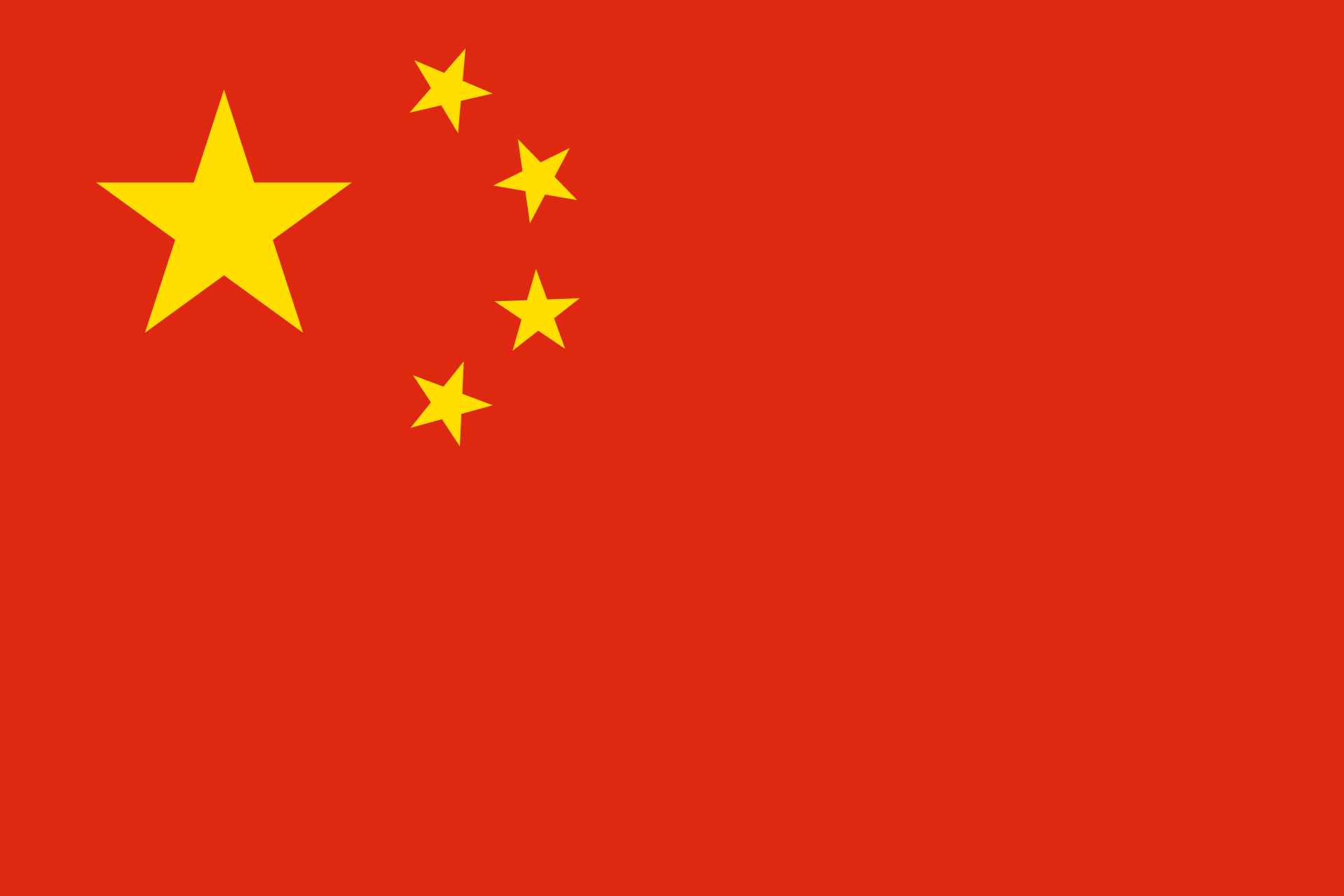Centre international pour le rapprochement des cultures sous l'égide de l'UNESCO à Almaty
International Centre for the Rapprochement of Cultures under the auspices Of UNESCO in Almaty
The activities of the International Centre for the Rapprochement of Cultures (ICRC), under the auspices of UNESCO (Category 2) in Almaty, aim to contribute to building the principles of UNESCO’s mandate for peaceful, equitable coexistence in the minds of people of various human communities regardless of racial, ethnic, or religious identity.
Centre iranien de recherche sur la Route de la Soie (IRCSR), Université Shahid Beheshti, Téhéran
The Shahid Beheshti University of Tehran, Iran has established the Iranian Research Center on the Silk Roads. The Center is a scientific and academic institution, and a unique academic research center in Iran to focus on the Silk Roads.
Institut international d'étude des civilisations nomades
At the initiative of UNESCO and with the support of its former Director General, Mr Federico Mayor (1987-1999), the International Institute for the Study of Nomadic Civilizations was established by an agreement concluded on 16 September 1998 between the governments of Kazakhstan , Kyrgyzstan , Mongolia and Turkey.
History
The Kazakh Research Institute of Culture (KazRIC), established November 10th, 1934, was one of the first scientific institutions in Kazakhstan. Originally, it united several scientific and educational organizations: the Kazakh Central Archive, the Regional Museum, the Regional Bureau and the State Library.
The voyage of the Russian writer, Ivan Gontcharov (1812-1891) on the frigate Pallada from 1852 to 1855 was a journey of symbolic importance. The author came from a wealthy background, working as a merchant in the family grain business; yet, disillusioned with this, he joined the Pallada and set off on a journey that took him to England, Africa, Japan, and then overland back to Russia.
Owing to the conflicts, the number of clandestine excavations have increased in Afghanistan and Pakistan leading to major discoveries of treasures. One of the largest finds was a colossal amount of Greco-Bactrian, Indo-Greek, Indo-Scythian, Indo-Parthian and Kushan coins, including one find that, altogether, weighed three tonnes and included 450,000 gold and bronze pieces.
Persian and Arab sailors were the first to venture into the open sea outside the view of the coast. As a result, they had to elaborate universal systems of navigation based on the positions of the stars. According to literary sources, Chinese pilots had sailed into the open sea on their way to the Malay Peninsula by the 7th century. By the 15th century, they used similar navigation systems to their Persian and Arab predecessors.
It is well known that an evolved network of trade routes criss-crossed pre-Islamic Anatolia in the Seljuk era (11th -13th century AD), running from North to South, and from the Aegean towards the Far East. However, less is known about where travellers stayed and in what conditions. During the 12th century, leaders in the region invested in making the transport of merchandise and people as safe as possible and built approximately 30 caravanserais (also known as Khans or Ribats) in Anatolia before 1243.
The International Institute for Central Asian Studies (IICAS) was established in August 1995 in Samarkand (Uzbekistan) as a direct outcome of the UNESCO Silk Roads Expeditions. The idea of founding the Institute was conceived during the Steppe Route Expedition across Central Asia, one of the expeditions organized within the framework of UNESCO Project "Integral Study of the Silk Roads: Roads of Dialogue", a major project of the World Decade for Cultural Development (1987-1997).
SOAS, the School of Oriental and African Studies (University of London) is dedicated to the study of the languages, cultures and societies of Africa, Asia and the Middle East, and is the only Higher Education institution in Europe with this academic specialisation. It also has the largest concentration in Europe of academic staff concerned with Africa, Asia and the Middle East.




